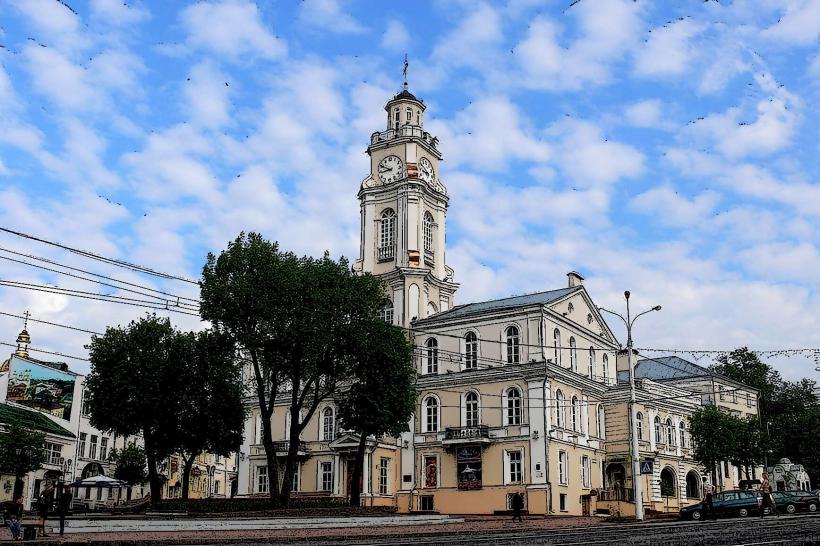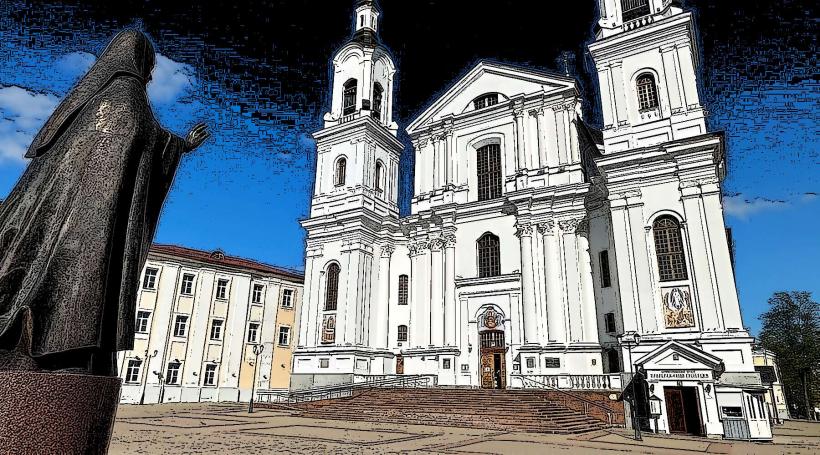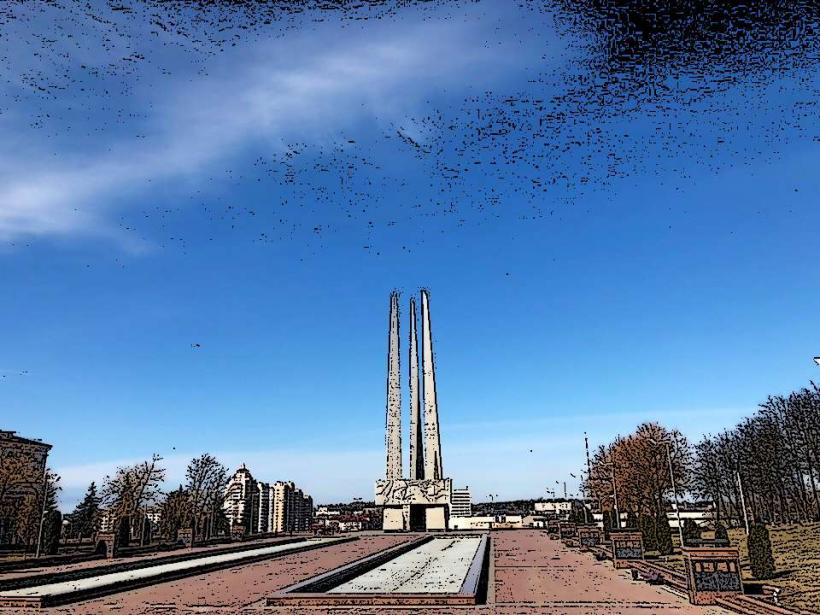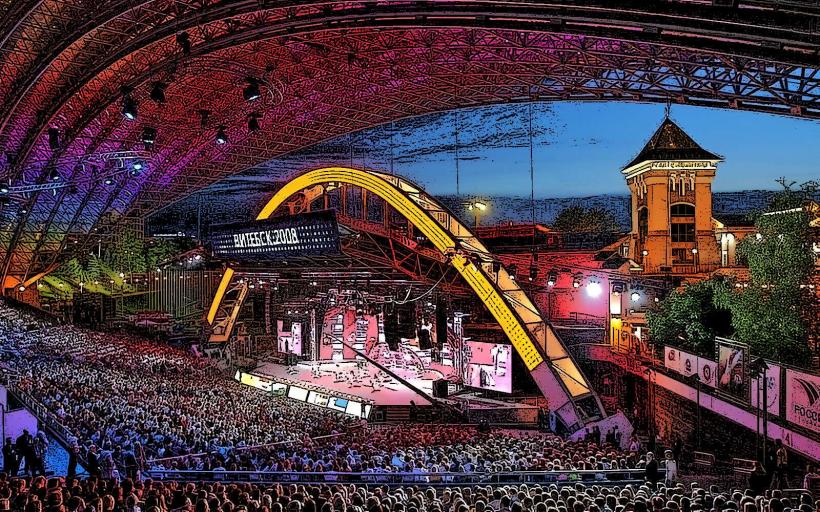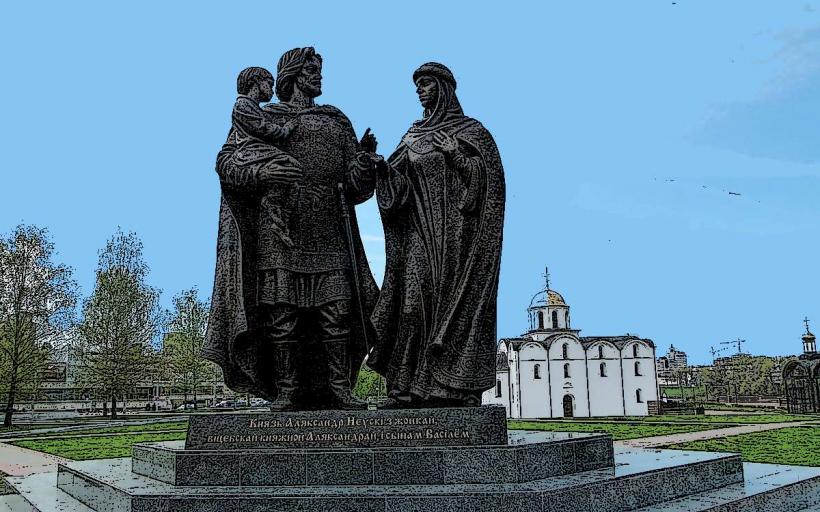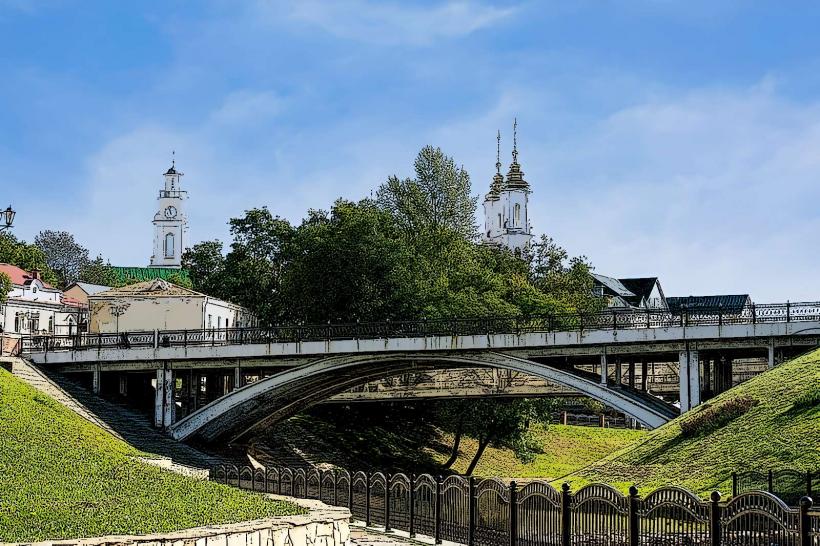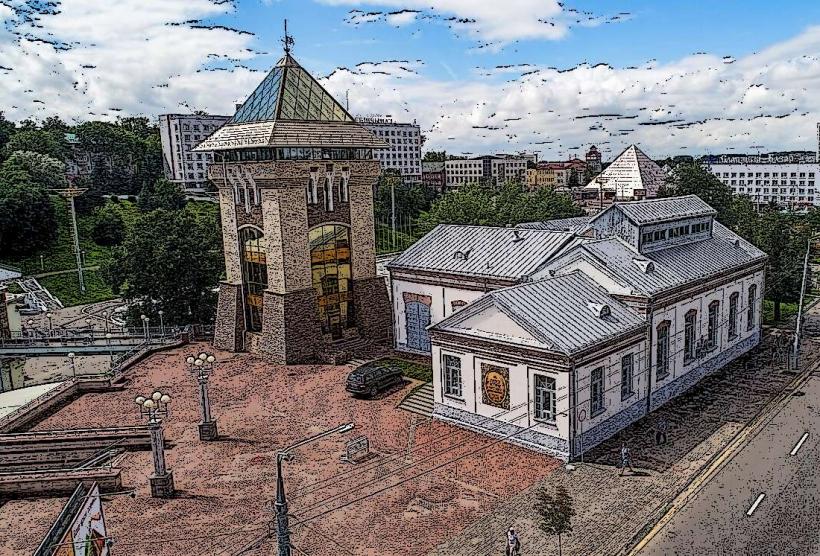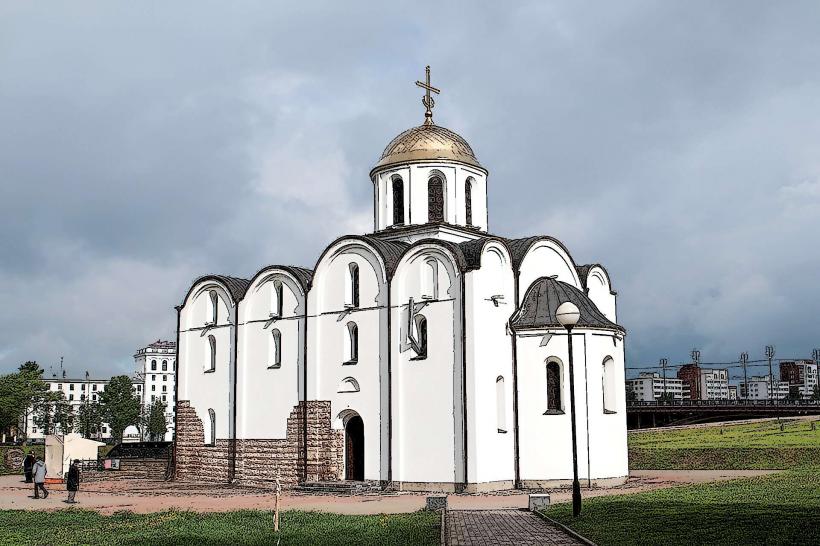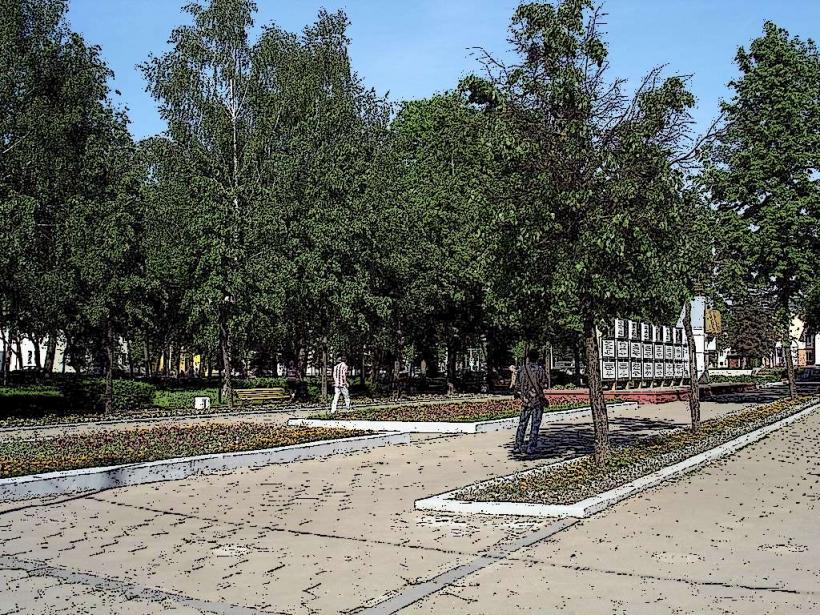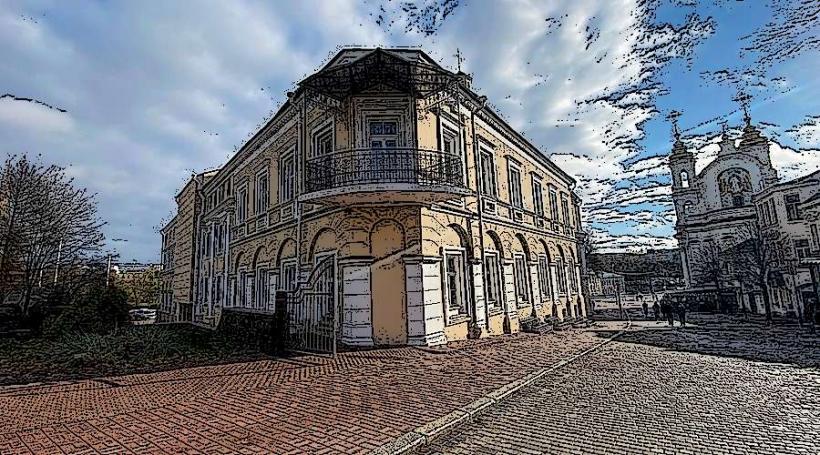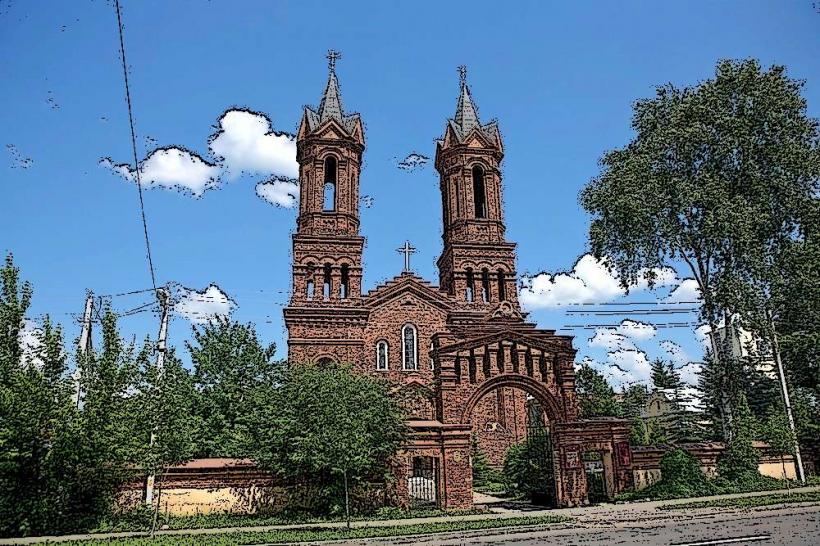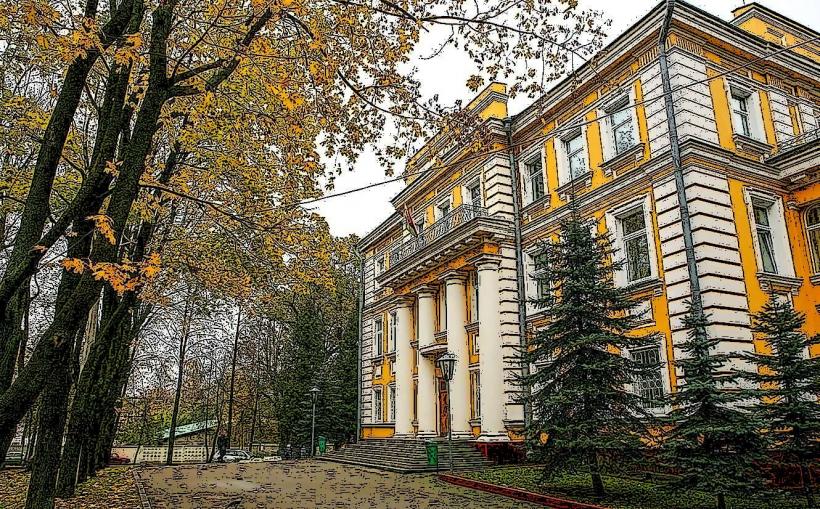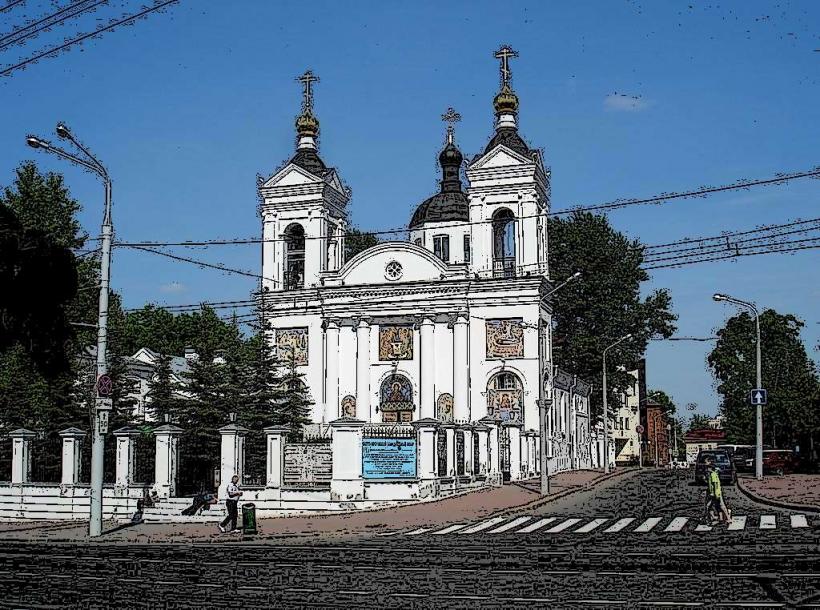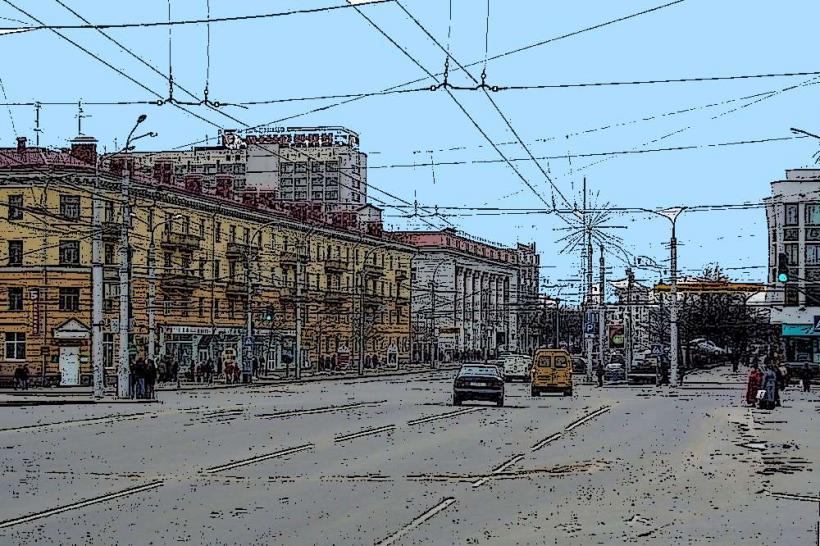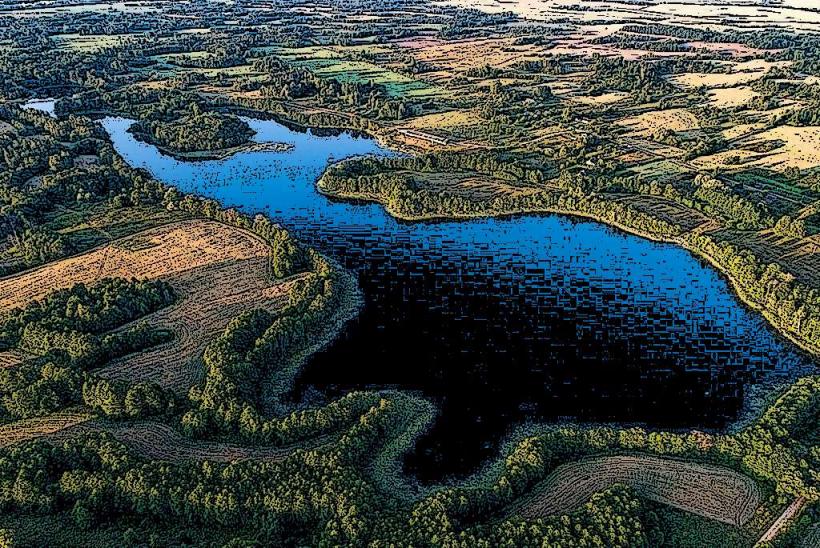Information
Landmark: Marc Chagall House-MuseumCity: Vitebsk
Country: Belarus
Continent: Europe
Marc Chagall House-Museum, Vitebsk, Belarus, Europe
The Marc Chagall House-Museum, located in Vitebsk, Belarus, is a dedicated museum honoring the life and work of the renowned artist Marc Chagall, one of the most celebrated figures in modern art. Chagall, born in Vitebsk in 1887, is known for his unique blend of surrealism, symbolism, and folkloric influences. The museum is a key cultural landmark in Vitebsk and provides deep insight into the early life of the artist as well as his contributions to the world of art.
History of the Museum
The museum was established in 1997 in the house where Marc Chagall was born and spent his early years. The house itself is a traditional wooden structure, and its location in the heart of Vitebsk adds to its historical significance as the birthplace of the artist.
The museum was created with the support of the Belarusian government, local institutions, and the Chagall family. It serves not only as a tribute to Chagall but also as a place for cultural exchange and the promotion of his legacy. The museum was opened after a restoration of the house and its conversion into a museum space, preserving the authenticity of the environment in which Chagall grew up.
The House and Its Significance
The house where Marc Chagall was born is a modest, two-story wooden structure that reflects the typical architecture of the time and place. The building was restored to maintain the appearance of Chagall’s childhood home, providing visitors with a glimpse into the early life of the artist. Although the house is not large, it is symbolic of the cultural roots that influenced Chagall's later works.
The surroundings of the house, including the neighborhood of Vitebsk, were significant in shaping Chagall’s artistic vision. Vitebsk was a city rich in Jewish culture and traditions, which deeply influenced Chagall's work throughout his career. Elements from the Jewish community, folk traditions, and rural life in Vitebsk can be seen throughout his art, especially in his early works.
Museum Exhibits
The Marc Chagall House-Museum displays a variety of exhibits related to the artist's life and works:
- Early Life and Works: The museum’s exhibits include early paintings and sketches from Chagall’s youth, giving visitors insight into his formative years. These works are often influenced by his experiences in Vitebsk and his strong connection to Jewish traditions.
- Personal Items and Artifacts: The museum displays personal belongings of Chagall, including photographs, documents, and objects from his early life in Vitebsk. These items offer a glimpse into his family life, education, and the environment in which he developed as an artist.
- Artworks: The museum features reproductions of many of Chagall’s famous paintings, such as The Birthday, I and the Village, and The Fiddler. These works showcase his vibrant use of color and dreamlike imagery, characteristic of his style.
- Jewish Heritage: Given Chagall’s Jewish background, the museum often highlights the themes of Jewish folklore, customs, and religion that played a central role in his art. The museum has a significant collection of works related to Chagall’s interpretation of Jewish identity.
- Chagall's Later Years: While the focus is primarily on his early life in Vitebsk, the museum also includes information about Chagall’s later years, when he lived in Paris and other European cities. The exhibits showcase his development into one of the foremost artists of the 20th century.
Architecture and Layout
The house itself is a fine example of traditional wooden architecture typical of the late 19th century in Belarus. The museum is designed to maintain the integrity of the original structure, while also creating spaces to display the exhibits in a manner that is accessible and educational for visitors.
The layout of the museum includes several rooms that are dedicated to different phases of Chagall’s life and career. These rooms include:
- The Room of Childhood: A room that explores Chagall’s early years and his relationship with his family and community.
- The Studio: A replica of a studio where Chagall might have worked during his time in Vitebsk, filled with artistic tools and materials.
- The Exhibition Hall: A larger space where major exhibitions are held, often featuring the artist's works and the impact of his Jewish heritage.
Cultural and Educational Programs
The Marc Chagall House-Museum also plays a key role in cultural and educational activities in Vitebsk. It organizes events, workshops, and lectures related to the life and work of Marc Chagall, as well as broader discussions of modern art and Jewish culture. The museum also participates in international exhibitions, helping to bring Chagall's legacy to a global audience.
The museum is an important stop for visitors who are interested in learning more about one of the most influential modern artists and his roots in Vitebsk. It is also a place of cultural reflection, celebrating not only Chagall’s achievements but also the history of the city and the Jewish community that influenced his work.
Visiting Information
- Location: The Marc Chagall House-Museum is located at 11 Pokrovskaya Street, Vitebsk, Belarus.
- Opening Hours: The museum is generally open to visitors throughout the week, though it's recommended to check for specific hours, especially around public holidays.
- Admission: Entrance fees apply, and there may be discounts for students, groups, and senior citizens.
- Guided Tours: Guided tours are available in multiple languages, providing detailed explanations of the exhibits and Chagall’s life.
The museum offers a deep and personal connection to Marc Chagall’s early influences, his artistic evolution, and the city that played such a crucial role in his development. It is a must-visit for art lovers and those interested in the rich cultural heritage of Belarus.

